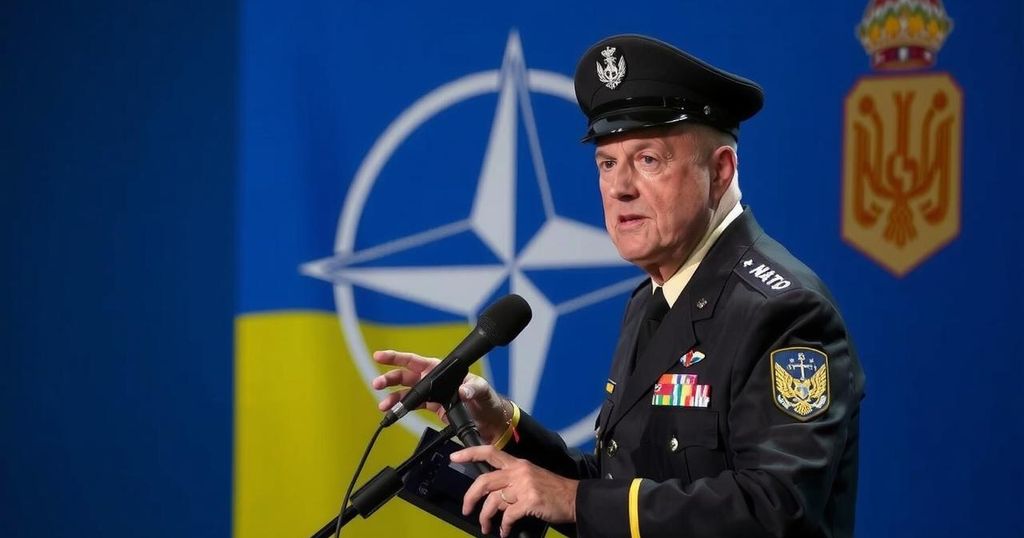World news
ASIA, BORIS JOHNSON, BUDAPEST, CHINA, EUROPE, EUROPE/ASIA, FINANCIAL TIMES, FOREIGN AFFAIRS, HUNGARY, INTERNATIONAL RELATIONS, IRAN, JOE BIDEN, MEXICO, MILITARY SUPPORT, NATO, NORTH AMERICA, NORTH KOREA, PEACE NEGOTIATIONS, RUSSIA, RUSSIA-UKRAINE WAR, STARMER, TELEGRAPH, THE FINANCIAL TIMES, THE TELEGRAPH, UK, UKRAINE, UNITED STATES, US, WAR, ZE
Marisol Gonzalez
0 Comments
NATO Chief Warns Trump of Risks from Weak Ukraine Peace Deal
NATO Chief Mark Rutte warned U.S. President-elect Trump that a weak peace deal with Russia could embolden adversaries like China, Iran, and North Korea. He emphasized that a lack of proper support for Ukraine would have dire global security implications. Discussions are ongoing about a negotiated settlement, with Ukraine insisting on NATO membership as a non-negotiable commitment.
NATO Secretary-General Mark Rutte has cautioned U.S. President-elect Donald Trump about the potential dangers of imposing a weak peace agreement on Ukraine with Russia. In an interview with The Financial Times, Rutte articulated that such a settlement would not only undermine Ukraine’s resilience but could also embolden authoritarian regimes, including those of China, Iran, and North Korea. He stressed that cooperation among these nations in military and economic contexts would thrive under a weak agreement, exacerbating security threats globally.
Rutte explicitly stated, “We cannot have a situation where we have Kim Jong-un and the Russian leader and Xi Jinping and Iran high-fiving because we came to a deal which is not good for Ukraine.” His remarks came after Trump’s meeting with his foreign policy advisors, where the implications of a flawed peace strategy were discussed. There is a growing consensus, echoed by UK Prime Minister Starmer, that a resolution to the Russo-Ukrainian conflict will likely require a negotiated settlement.
Additionally, Trump’s advisors have indicated a preference for reorienting U.S. foreign policy focus towards issues concerning China and Iran rather than prioritizing the ongoing conflict in Europe. This shift has raised concerns about adequate support for Ukraine’s demands for NATO membership, especially following the perceived failures of prior agreements like the Budapest Memorandum. It is evident that Ukraine’s position has evolved, with Ukrainian President Volodymyr Zelenskyy expressing the country’s insistence on full NATO membership as the conflict persists.
The dynamics surrounding the ongoing Russo-Ukrainian war have raised significant concerns among NATO leaders regarding the implications of any potential peace settlements. The balance of power in relation to Russia’s actions and the strategic interests of global adversaries such as China, Iran, and North Korea are of particular concern. The notion that a weak agreement could lead to increased cooperation between these authoritarian regimes poses a dire security risk not only to Europe but also to the United States, as highlighted by Secretary-General Rutte’s warnings.
In summary, NATO Secretary-General Mark Rutte has warned that an inadequately supportive peace deal with Russia regarding Ukraine may embolden authoritarian regimes like those in China, Iran, and North Korea, presenting enhanced threats to global security. As discussions of a negotiated resolution gain traction, the insistence of Ukraine on NATO membership highlights the stakes involved, emphasizing the need for sustained international support to counter potential risks from opportunistic authoritarian alliances.
Original Source: euromaidanpress.com




Post Comment